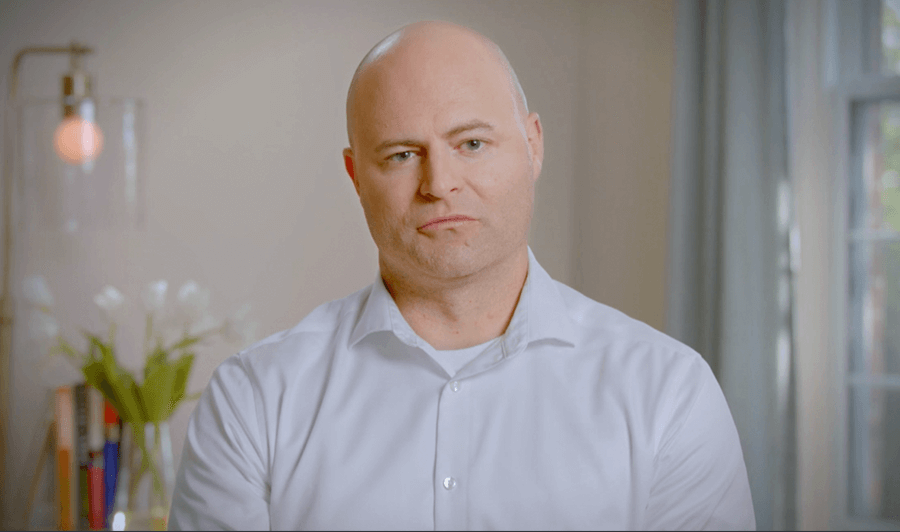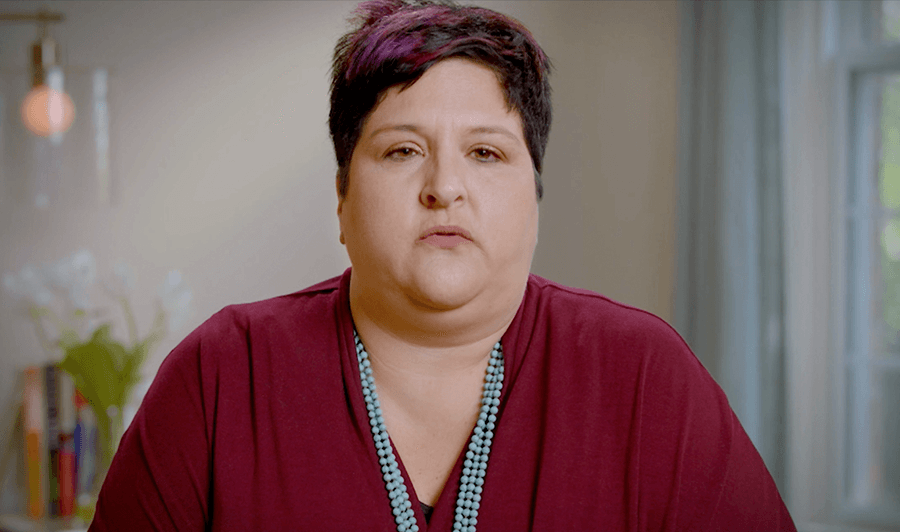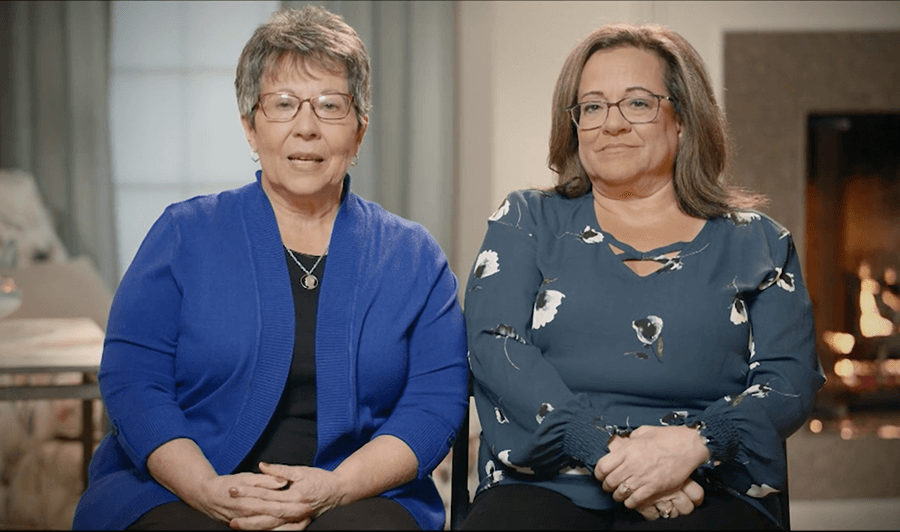
What Types of Compensation Can I Receive from a Nursing Home Claim?
When a loved one is placed in a nursing home, it is important to trust that they will receive the highest quality of care and be protected from harm. Unfortunately, this is not always the case, and instances of neglect, abuse, or mistreatment in nursing homes are not uncommon.
If you or a loved one has suffered harm while in a nursing home, it is important to understand what types of compensation may be available to you.
Here are some of the common types of compensation that may be awarded in a nursing home claim:
- Medical expenses: This type of compensation covers all costs related to your medical treatment as a result of neglect or abuse in a nursing home. This can include hospital bills, prescription drug costs, rehabilitation costs, and any other medical expenses incurred because of neglect or abuse.
- Pain and suffering: Pain and suffering compensation is awarded for the physical and emotional distress suffered as a result of neglect or abuse in a nursing home. This type of compensation takes into account the physical pain, emotional trauma, and psychological distress that can result from mistreatment.
- Punitive damages: In cases of severe neglect or abuse, a jury may award punitive damages to punish the responsible party and deter similar behavior in the future. This type of compensation is designed to hold the nursing home accountable for its actions and to prevent future instances of neglect or abuse.
- Loss of consortium: This type of compensation is available to a spouse or other family member who has suffered because of a loved one’s death due to neglect or abuse in a nursing home. Loss of consortium compensation covers the loss of companionship, comfort, guidance, affection, and aid that results from the death of a loved one in a nursing home.
It is important to note that the types of compensation available to you in a nursing home claim will vary based on the specific circumstances of your case. An experienced attorney can help you understand your rights and the compensation you may be entitled to receive. They can also help you navigate the legal process and ensure that you receive the full and fair compensation you deserve.
What is Considered Nursing Home Neglect or Abuse?
Nursing home neglect or abuse is a serious issue that should not be taken lightly. It refers to any intentional or unintentional act that causes harm to a resident of a nursing home or assisted living facility.
Neglect can take many forms, including:
- Failure to provide basic necessities, such as food, water, and medical care
- Failure to properly clean or maintain the resident’s living space
- Failure to assist with activities of daily living, such as bathing, dressing, and toileting
- Failure to properly manage and administer medication
- Failure to prevent bedsores or treat existing ones
Abuse can take the form of:
- Physical abuse, such as hitting, slapping, or shoving
- Sexual abuse
- Emotional abuse, such as yelling, threatening, or insulting
- Financial abuse, such as theft or exploitation of the resident’s assets
These actions can cause physical harm, emotional trauma, and financial harm to the resident, and they are never acceptable. It is the responsibility of nursing home staff and management to ensure that residents are treated with dignity, respect, and the highest standards of care.
If you suspect that a loved one is being neglected or abused in a nursing home, it is important to take immediate action.
Report the abuse or neglect to the facility’s management and contact the appropriate authorities, such as the Department of Inspections and Appeals, Dependent Adult Protective Services, the police, or a long-term care ombudsman.
Your loved one deserves to live in a safe, caring environment, and you have the power to make a difference in their life.
What Does the Path To Compensation Look Like After Your Loved One Has Been Injured or Killed in a Nursing Home?
Here are the possible steps after a truck accident injury:
Step 1: Request for Help
If you contact us with questions about a Marion nursing home neglect or abuse case, if we can help, we will respond with free legal information or schedule a free case evaluation.
Step 2: Free Case Evaluation
In a free case evaluation, we interview you to determine whether we can be of assistance to you, answer your questions and, if we can, we offer to take your case. If you decide to hire us, you sign a written contract.
Step 3: Investigation and Documentation
After we are hired, we perform the legal research and fact-finding necessary to document the validity of your case and the extent of your harm and losses. Sometimes, this stage requires identifying and hiring expert witnesses.
Step 4: Pre-Lawsuit Negotiation
When our investigation and documentation of your nursing home case is complete, we may guide you in making a fair settlement demand to the nursing home and its insurance company. However, many nursing homes are not willing to engage in a fair negotiation before filing a lawsuit. As a result, we may move directly to Step 5.
Step 5: Lawsuit
If a fair settlement cannot be reached, you can choose to have us file a lawsuit. At this stage, the nursing home will hire lawyers to defend it against your lawsuit.
Step 6: Discovery
During this stage, the lawyers for both sides exchange information about their cases. You will have to answer written questions from the other side and, often, participate in a deposition where the lawyers for the nursing home will ask you verbal questions. We often continue settlement negotiations during the discovery stage as both sides learn more information about the wreck and its impact on your life.
Step 7: Mediation (Optional)
This is an optional event that can occur if both sides agree to hire a neutral mediator to broker a settlement before trial.
Step 8: Trial Preparation
If it becomes clear that both sides cannot agree upon a settlement, we prepare your evidence and witnesses for trial.
Step 9: Trial
We present your case to an Iowa jury who will decide questions of fault, causation, and damages.

Tim Semelroth
Board-Certified Trial Attorney

Pressley Henningsen
AV-Rated Trial Attorney
A car came through the median and we were hit head on. Every bone in my body from my lower jaw down to the bottom of my feet was broken. My medical bills were in the hundreds of thousands of dollars. I can’t imagine going through something like this without someone like Tim or RSH Legal.
See more Client ReviewsClient Reviews









